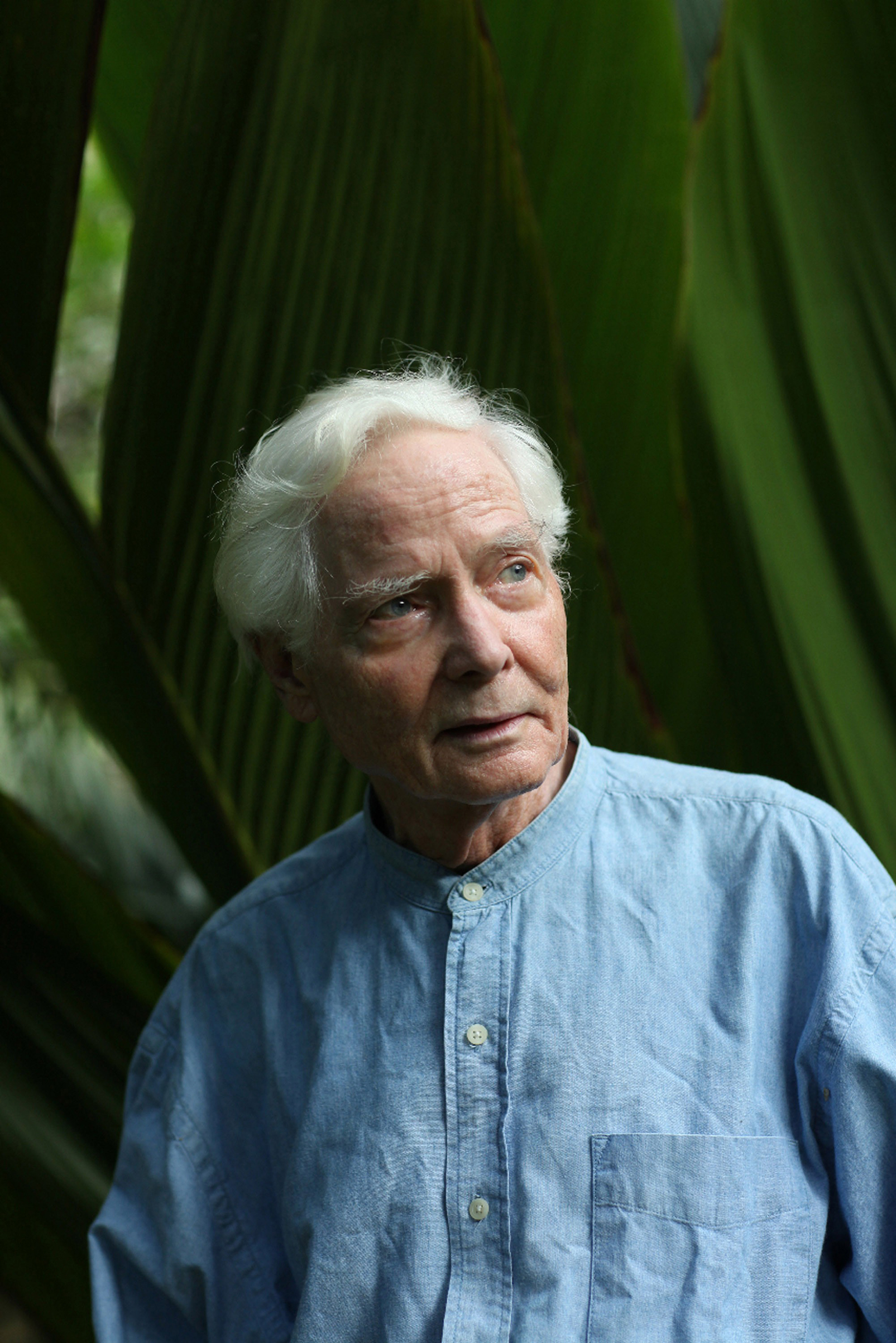
I first read and admired W.S. Merwin, who died at 91 on March 15, long before I met him, in the 1970s. In the ’80s we got to know each other at various literary events. By the time we were both poetry consultants for the Library of Congress’s bicentennial in 1999, it was like meeting an old friend again.
Once, while he was visiting the University of Virginia to give a reading, we were late for dinner and I was rushing, when I suddenly noticed he wasn’t beside me anymore. I turned around to find him at the edge of the parking lot, staring into the evening sky. What was wrong, I asked, and he replied, “Rita, don’t you pay tribute to the moon when she comes out?” It might sound funny, but I realized what he meant: Stop and look around; open yourself to wonder. There was just a wisp of a moon, and we stood there for a moment, quiet.
His poems illuminate this covenant with the natural world; they have guided me in determining what should be important in a life and in realizing that communication of the ineffable is part of the mission of poetry. Isn’t that what every artist tries to do, to articulate that which eludes us? W.S. Merwin knew it–and did it better than anyone I know.
More Must-Reads From TIME
- The 100 Most Influential People of 2024
- Coco Gauff Is Playing for Herself Now
- Scenes From Pro-Palestinian Encampments Across U.S. Universities
- 6 Compliments That Land Every Time
- If You're Dating Right Now , You're Brave: Column
- The AI That Could Heal a Divided Internet
- Fallout Is a Brilliant Model for the Future of Video Game Adaptations
- Want Weekly Recs on What to Watch, Read, and More? Sign Up for Worth Your Time
Contact us at letters@time.com